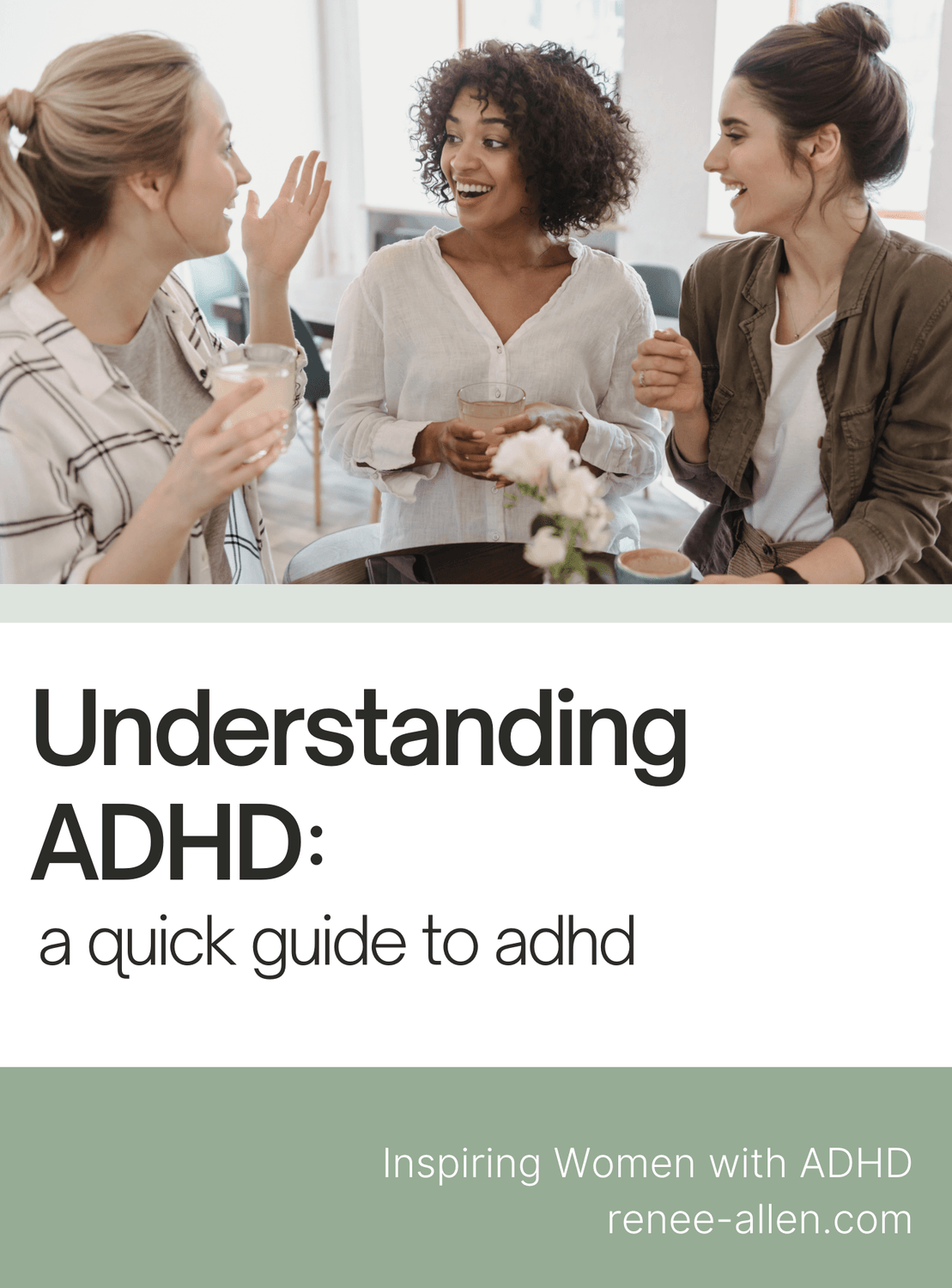Is Multitasking Good or Bad?
Is Multitasking Good or Bad?
On the surface, multitasking sounds like you'll get more done in a shorter amount of time. Many of us resort to multitasking so we can be more productive. But does it really work? Experts say no.
As a woman with ADHD who has multitasked for as long as I can remember, I see it as super helpful at times and just adding to the chaos in other instances.
Why Do We Multitask?
If you have way more to do than you possibly have time for, you may want to stack up as many things as you can do at once to accomplish them all. You’re not alone. Many people do this, often out of necessity and here's why:
Brain Capacity: With so many thoughts racing through our minds, we often feel compelled to tackle everything at once. If we don’t act on that thought immediately, we may completely forget about it later. Not only that, we just don't want to keep having so much on our to-do lists. Checking off that box means we don't have to think about it anymore.
Keeping Busy: For some, having a busy body helps alleviate anxiety. Whether it's painting toenails while preparing for a trip or organizing while watching TV, this keeps our hands and minds engaged.
Energy Boost: For many, accomplishing multiple tasks can lead to a sense of achievement and satisfaction. It’s like being the conductor of an orchestra, directing various tasks simultaneously.
But, let’s not sugarcoat it. Multitasking can also lead to chaos. You might find yourself forgetting what you were doing or leaving a trail of unfinished tasks behind. It's a balancing act that can sometimes tip over.

Multitasking: The Double-Edged Sword
So, what are the pros and cons of multitasking for those of us with ADHD? Let's break it down:
Pros:
High Energy: Getting multiple things done can boost your mood and make you feel productive.
Flexibility: You can switch tasks based on your energy levels or interests, keeping boredom at bay.
Cons:
Forgetfulness: Jumping from task to task can lead to forgetting what you were doing, resulting in unfinished projects.
Overwhelm: Trying to do too much at once can lead to feeling overwhelmed, especially when distractions arise.
It’s essential to evaluate whether multitasking is truly beneficial for you. Sometimes, it can be more productive to focus on one task at a time.
Finding Balance: When to Multitask and When to Focus
To find out if multitasking causes problems for you, ask yourself these questions:
Is multitasking enhancing my productivity or causing chaos?
Am I more energized or drained by trying to do too much at once?
Can I set boundaries while multitasking to prevent overwhelm?
For instance, when I’m on the phone, I often find it helpful to take notes. This way, I can engage with the conversation while also keeping track of my thoughts. It’s a technique that has saved me from the frustration of missing important details.
Find Your Way that Works
Remember, there’s no one-size-fits-all approach here. What works for one person may not work for another. If you find that multitasking is causing more stress than it's worth, it might be time to try focusing on single tasks. Embrace your unique way of doing things—whether it’s juggling multiple projects or honing in on one task at a time.
As you navigate this journey, keep an open mind and be willing to experiment. You might discover that a blend of both approaches works best for you. And don’t forget to celebrate your achievements along the way, no matter how small.
Final Thoughts
Multitasking can be both a boost and a tripwire to productivity. Learning when doing a bit of one task then another can help and when you're trying to focus on too much at once. Notice if you're doing so much that you're sabatoging your efforts. Doing things one by one can help you be more productive over all.
— Renee
Get your free ADHD Guide


Download your Free ADHD Guide
Get your free guide
find me @inspiringwomenwithadhd










